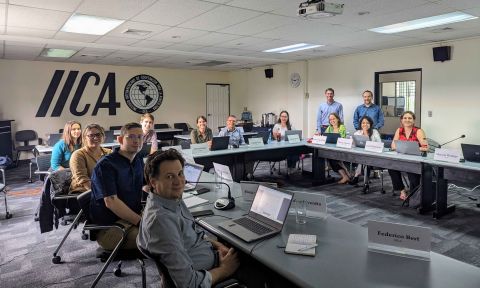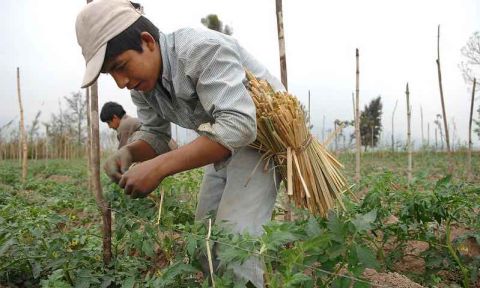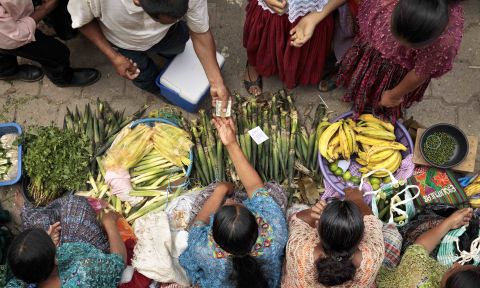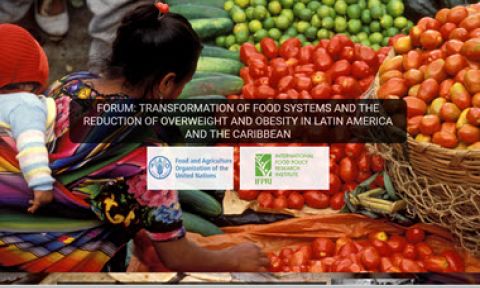Welcome to the Latin America and the Caribbean (LAC) Regional Office
- LAC is the world’s largest net food-exporting region. Its exports help to stabilize food supplies and reduce food price volatility at a global level. For LAC farmers to continue feeding the world, they need an environment that promotes investment, innovation, and market-friendly solutions that facilitate trade flows. Any major disruptions in the LAC food system (from input price spikes to health crises) have major implications for the global food system.
- Many LAC economies rely on food exports. In some countries, food exports represent as much as 80 percent of total exports. Agriculture is also an important source of income and foreign exchange for many LAC countries.
- Despite consistent food production surpluses in the region as a whole, some LAC countries suffer from food insecurity or malnutrition and related diseases.
- LAC is also the world’s largest provider of ecosystem services, including climate change mitigation, through its forests and watersheds. Maintaining, preserving and enhancing these services, which are a global public good, is a major responsibility. Investment in sustainable production practices is essential to ensure that this crucial element of our global food system continues to support food production while preserving the ecosystem..
- Recent disruptions in the global food system (COVID-19 and the Russian invasion in Ukraine, among others) have shown LAC region’s resilience in food production but also many vulnerabilities, as increases in fuel and food prices have undermined families’ purchasing power, especially for the poorest families who spend the largest share of their incomes in food.
To address these goals and challenges, IFPRI has launched the Latin America and Caribbean Program, which builds on more than three decades of IFPRI work in the region. Since the 1980s, IFPRI-led research in the LAC region has led to evidence-based, innovative macroeconomic and trade policies and effective social protection and nutrition programs. IFPRI research has used an array of analytical tools to enhance the region’s capacity to design and implement policies and investments for improved food and nutrition security, livelihoods, and resilience.
The Latin American and Caribbean Regional Program will support the region in the transformation of their food systems by analyzing data and generating insights for designing appropriate policies that will inform the needed changes in each country. The LAC program will emphasize collaboration with other institutions and will strive to build a network of collaborators and colleagues in the region.
LAC Regional Program

Understanding the dynamics of such a heterogeneous region supports the design of effective policies to mitigate climate change, increase sustainable production practices, foster innovation, reduce poverty and inequality, promote a more inclusive society, and improve nutrition. Transformation of LAC food systems must enhance the region’s economic development and focus on science and innovation as an answers to the challenges ahead.
Successful food system transformation in the LAC region that responds to regional demands and aspirations will require an integrated view of the region’s development agenda as well as the specific characteristics and needs of each country. For this, coordination among all stakeholders will be essential.

Francisco Ceballos
Research Fellow
Kristin Davis
Senior Research Fellow
Luis Escalante
Associate Research Fellow
Manuel Hernandez
Senior Research Fellow
Valeria Piñeiro
Acting Head of the Latin American region & Senior Research Coordinator
Timothy Thomas
Senior Research Fellow

Brian McNamara
Program Coordinator

Maria Lucia Berrospi
Research Assistant
Cynthia Paz
Research Analyst
Analisis del gasto publico para el desarrollo agropecuario, rural y la seguridad alimentaria y nutricional
Building food security and resilience through intraregional trade in Latin America and the Caribbean
Food security and agrifood trade in Latin America and the Caribbean: Synopsis
Regional developments [in 2023 Global Food Policy Report]
Historical analysis of governance at the Inter-American Development Bank (IDB)
Honduras: The impact of COVID-19 and other shocks, and policy implications: Final report
Guatemala: The impact of COVID-19 and other shocks, and policy implications: Final report
The UN Food Systems Summit 2021: Lessons of the gender and finance levers
Improving livelihoods and reducing outmigration from the Northern Triangle in Central America: The potential role of cash transfers in expanded social safety nets
Haiti and its multiple tragedies: Much more needs to be done
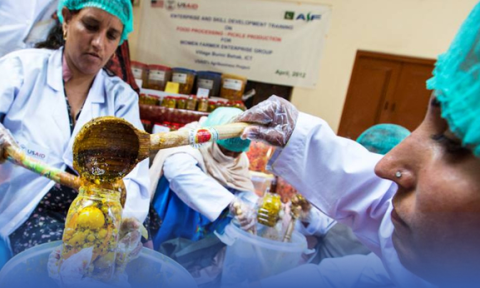 IFPRI at External EventFeb, 28 2024
IFPRI at External EventFeb, 28 2024Drivers of Agrifood System Transformation: Lessons from Feed-the-Future Country Studies
 IFPRI Policy SeminarDec, 12 2023
IFPRI Policy SeminarDec, 12 2023From Farm to Table: Agrifood Systems and Trade Challenges in the Southern Cone
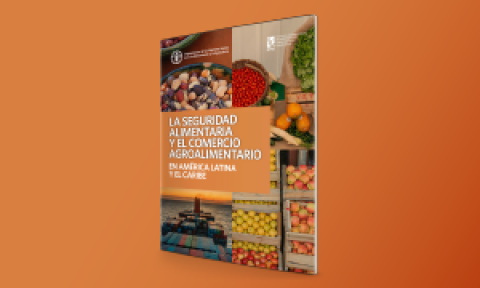 IFPRI Policy SeminarNov, 28 2023
IFPRI Policy SeminarNov, 28 2023Food Security and Agrifood Trade in Latin America and the Caribbean
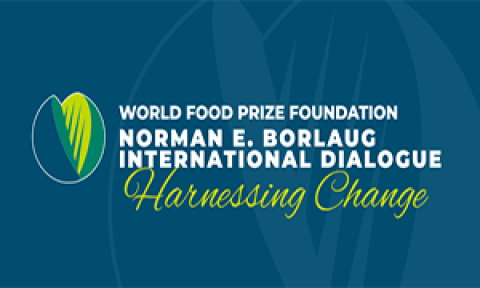 IFPRI at External EventOct, 18 - 26 2023
IFPRI at External EventOct, 18 - 26 2023World Food Prize: "Harnessing Change" 2023 Borlaug Dialogue International Dialogue
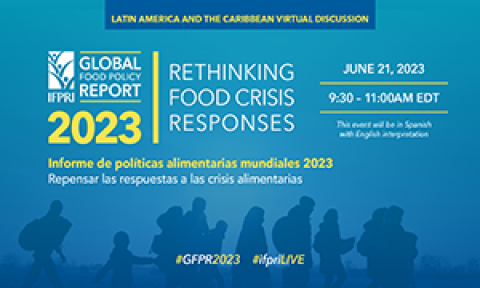 Series/Special EventJun, 21 2023
Series/Special EventJun, 21 2023Informe de políticas alimentarias mundiales 2023: Repensar las respuestas a las crisis alimentarias
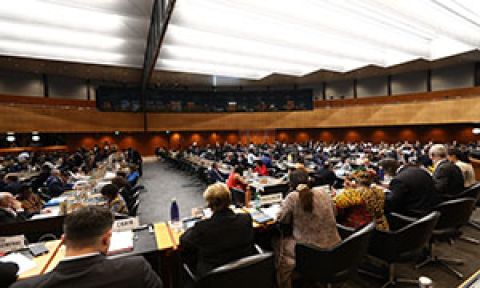 IFPRI Policy SeminarMay, 25 2023
IFPRI Policy SeminarMay, 25 2023Farm Subsidies and International Trade Rules
The road to the WTO twelfth Ministerial Conference: A Latin American and Caribbean perspective
The context of international food trade has changed considerably since the last Ministerial Conference (MC11) in 2017. Significant progress has not been achieved in many important issues that are still pending on the organization’s agenda.
 Blog
BlogClarifying some of the confusion about climate finance in COP26
The debate over net-zero financing.
 Event
EventVirtual Event: Food and Ag Trade in New Policy Environment
Co-Organized by IFPRI, Inter-American Institute for Cooperation on Agriculture (IICA), and International Institute for Sustainable Development (IISD)
 Event
EventEl impacto de la pandemia, las respuestas de política
Virtual Event: May 18 , 2021 - 09:30 AM TO 11:00 AM EDT. The impacts of Covid-19 and government policy responses from the perspective of Latin America and the Caribbean.
Improving livelihoods and reducing outmigration
In 2019, almost 45 million immigrants lived in the United States, or about 13.7% of the total population
Food systems in Latin America and the Caribbean: Challenges in a post-pandemic world
The book has been prepared by authors from different international organizations – including FAO, IFPRI, UNCTAD and ECLAC, as well as leg
- News Release
Drivers and disruptors shaping the future of agriculture and the food system in LAC: Climate change and trade tensions
Agri-food production remains vital to the economies in Latin America and the Caribbean (LAC).


